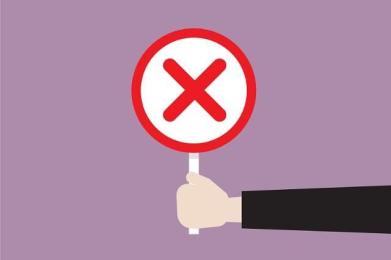Numerous Forex-related scams target customers in South Africa, and we frequently receive emails from traders who are having trouble withdrawing funds from their accounts or are encountering other types of resistance from brokers whose only goal is to convince customers to deposit refusal money before it.

You can take certain actions to safeguard yourself.
● Never offer someone cash to do a transaction on your behalf. Anyone who makes investments on your behalf without a license from the Financial Services Conduct Authority is breaking the law in South Africa (FSCA).
● Never transmit money to someone you meet on social media; according to our study, Facebook and Instagram are the origin of more than 50% of forex frauds.
● Never believe a broker or anybody promising assured results. Profits are never guaranteed in high-risk speculation like forex trading.
● Always verify a broker’s regulatory status. Brokers that are subject to regulation must post their license numbers on their websites.
● Once you have a broker’s FSP or license number, you may check with the regulator to determine if it is valid. All licensed Financial Services Providers are included on the FSCA’s database in South Africa (FSPs). You may also examine the FSCA’s listing of all licensed Over-the-Counter Derivative Providers, which lists all South African-based Forex brokers that are required to obtain an ODP license as of 2021. (ODPs).
● If your broker is not situated in South Africa, other important authorities with searchable registries include the FCA in the UK, ASIC in Australia, and CySEC in Europe.
By looking up brokers at Brokersview.com, you can prevent scams in forex trading the best.
